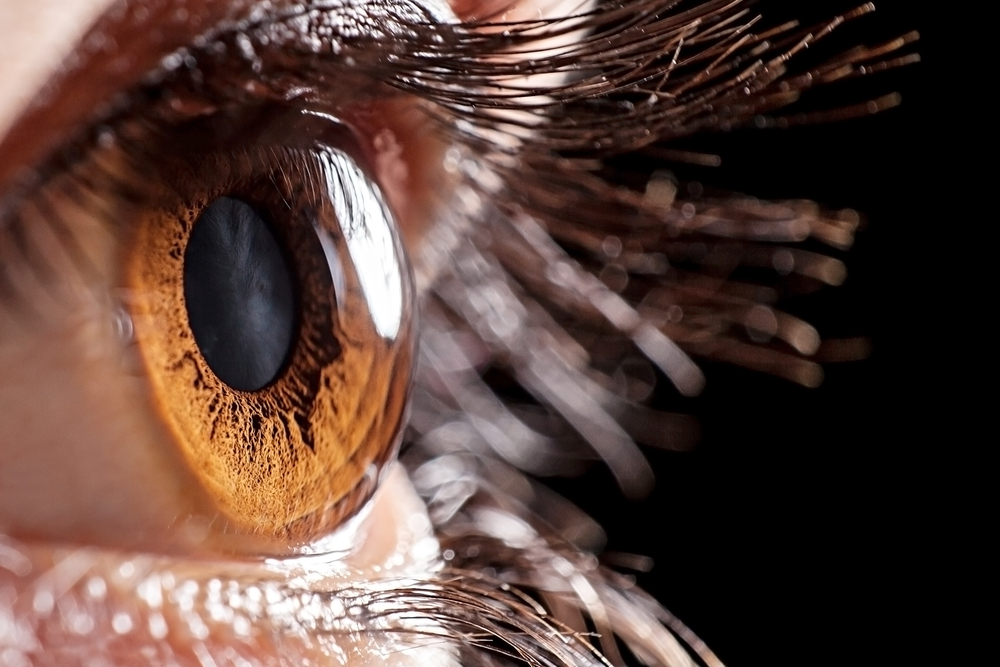Cornea

What is the Cornea?
The cornea is a clear, dome-shaped structure that covers the front of the eye. It is a vital structure as it plays a central role in focusing your vision. The tissue that makes up the cornea is relatively fragile and can break down, either as a natural result of the aging process or from trauma. If this happens it makes focusing nearly impossible.
Corneal Transplant
A corneal transplant is a surgical procedure in which all or part of the cornea is replaced with healthy tissue from a donor. It is used to treat a wide range of conditions, including thinning, scarred, or swollen cornea; corneal ulcers; and Fuchs’ dystrophy. If successful, the procedure has the potential to restore vision loss caused by corneal defects, improve the appearance of your eye, and reduce or eliminate pain.
Prior to a corneal transplant, you will need to go through a comprehensive medical exam to determine if you are a candidate for the procedure. Detailed measurements of your eye will be used to match the size of donor cornea you will need.
Before the procedure begins, you will typically be given a sedative to help you relax and a local anesthetic will be injected into the eye to prevent you from feeling pain or discomfort. The most common type of corneal transplant is called penetrating keratoplasty, during which your physician will cut a hole through the abnormal part of the cornea and remove a disk of tissue. They will then cut the donor cornea to size and place it in this new opening and stitch it to the rest of your natural cornea to hold it into place. This entire process will take between one and two hours.
Corneal Transplant Recovery
After surgery, you will be prescribed eye drops and oral medications to help control swelling and pain resulting from the procedure. You will also be asked to wear an eye patch to protect your eye as it heals. As you heal, you will be able to slowly work back into everyday activities. It is important for you to follow up with your eye care professional at all scheduled appointments as they are trained to catch complications as they develop.

